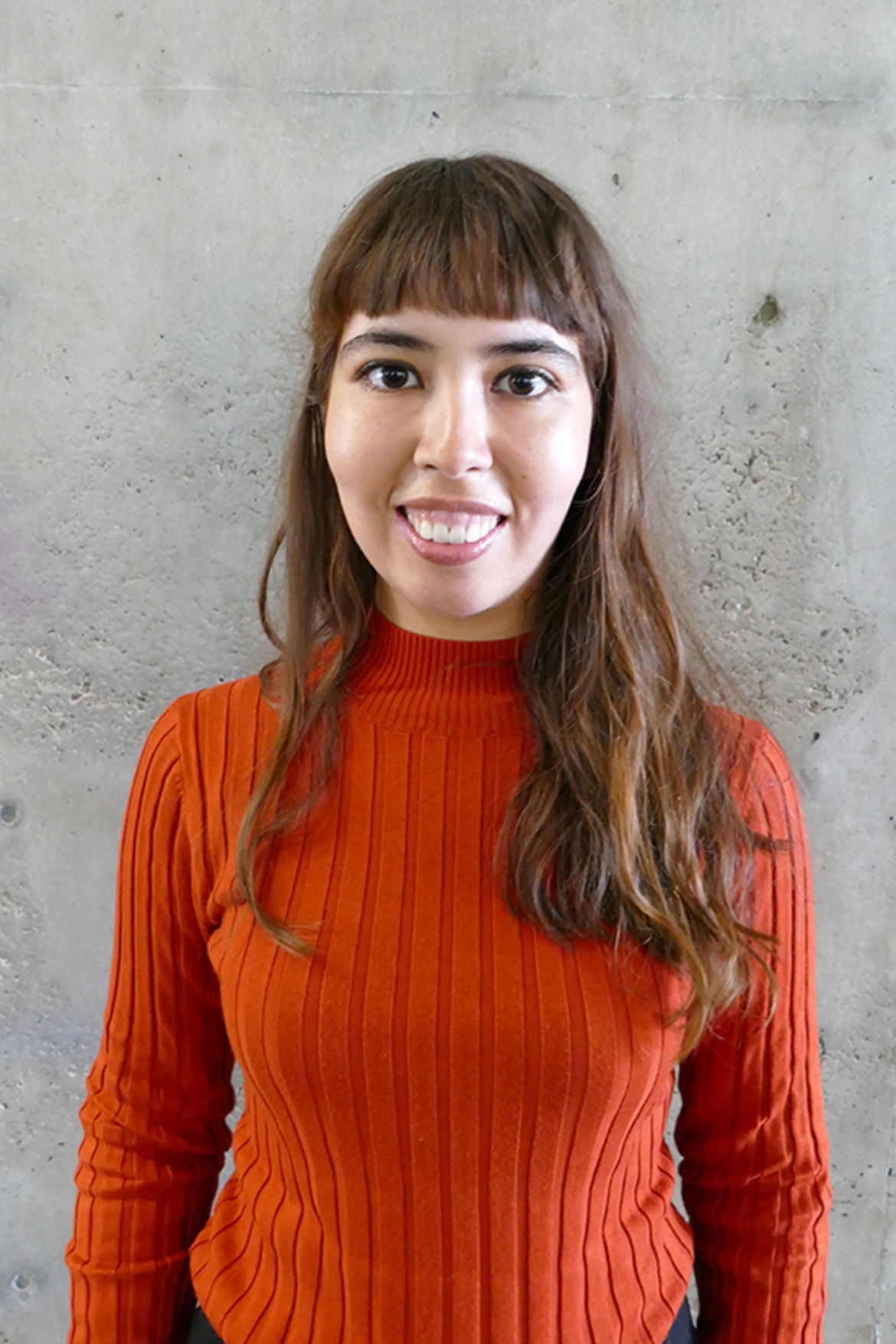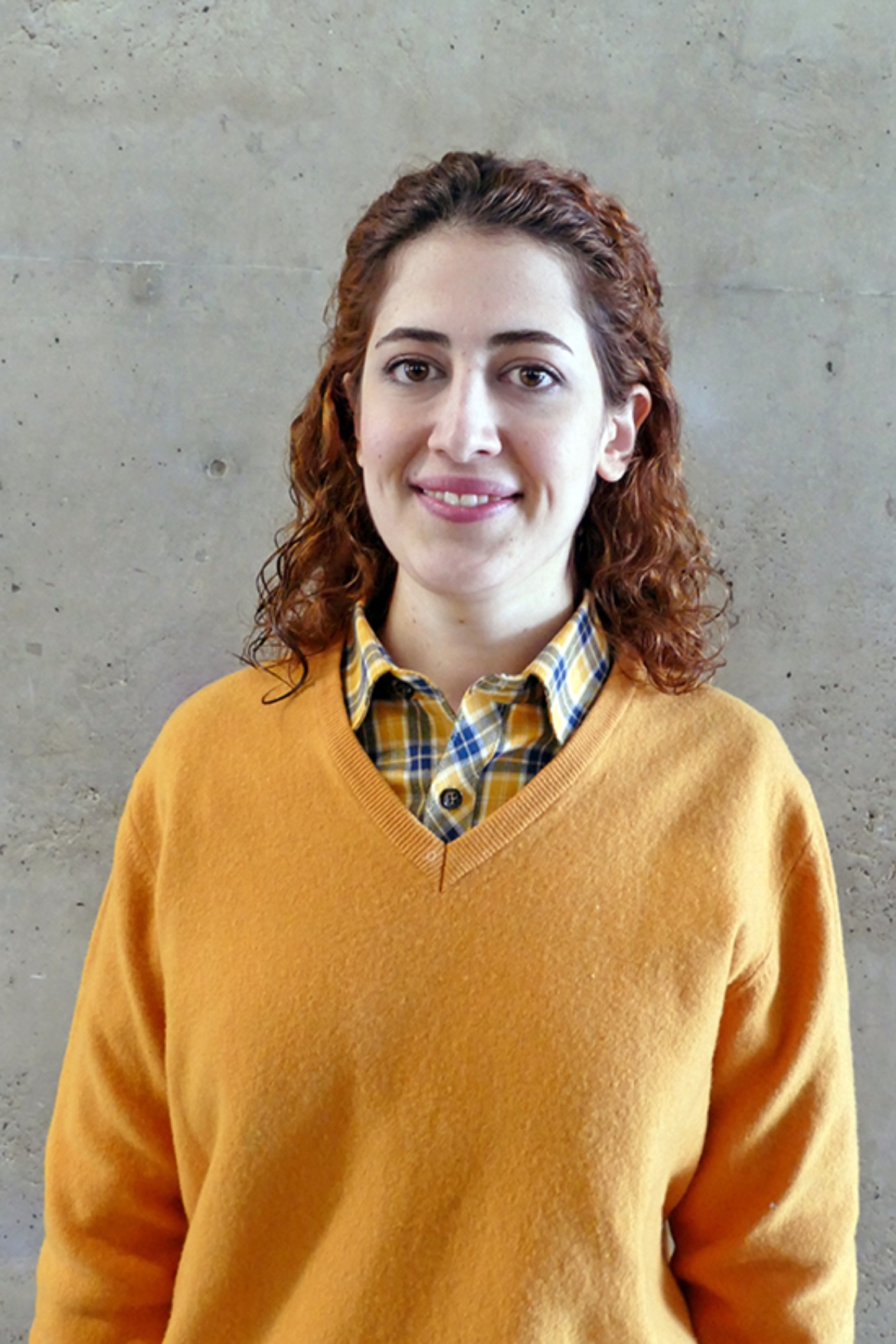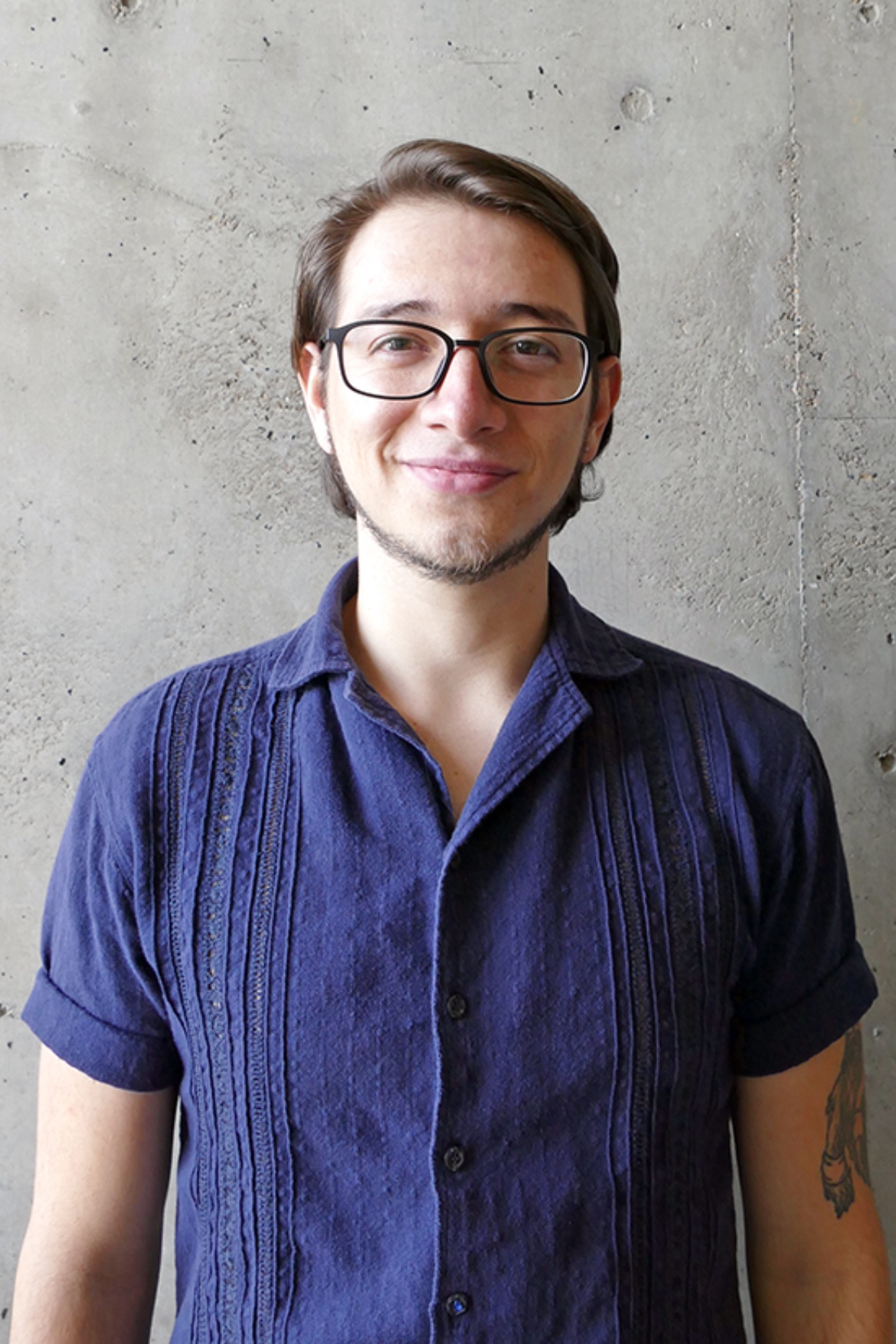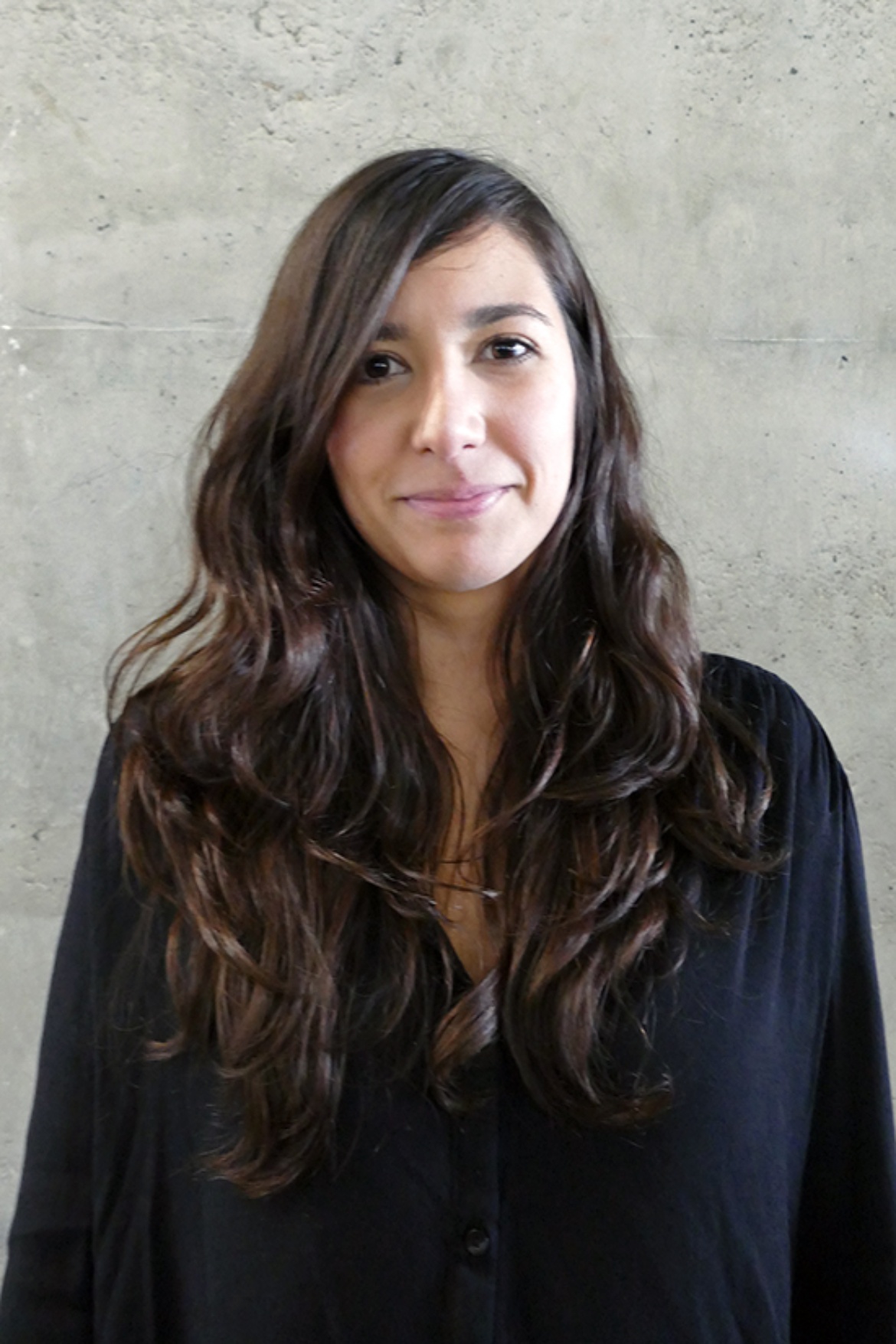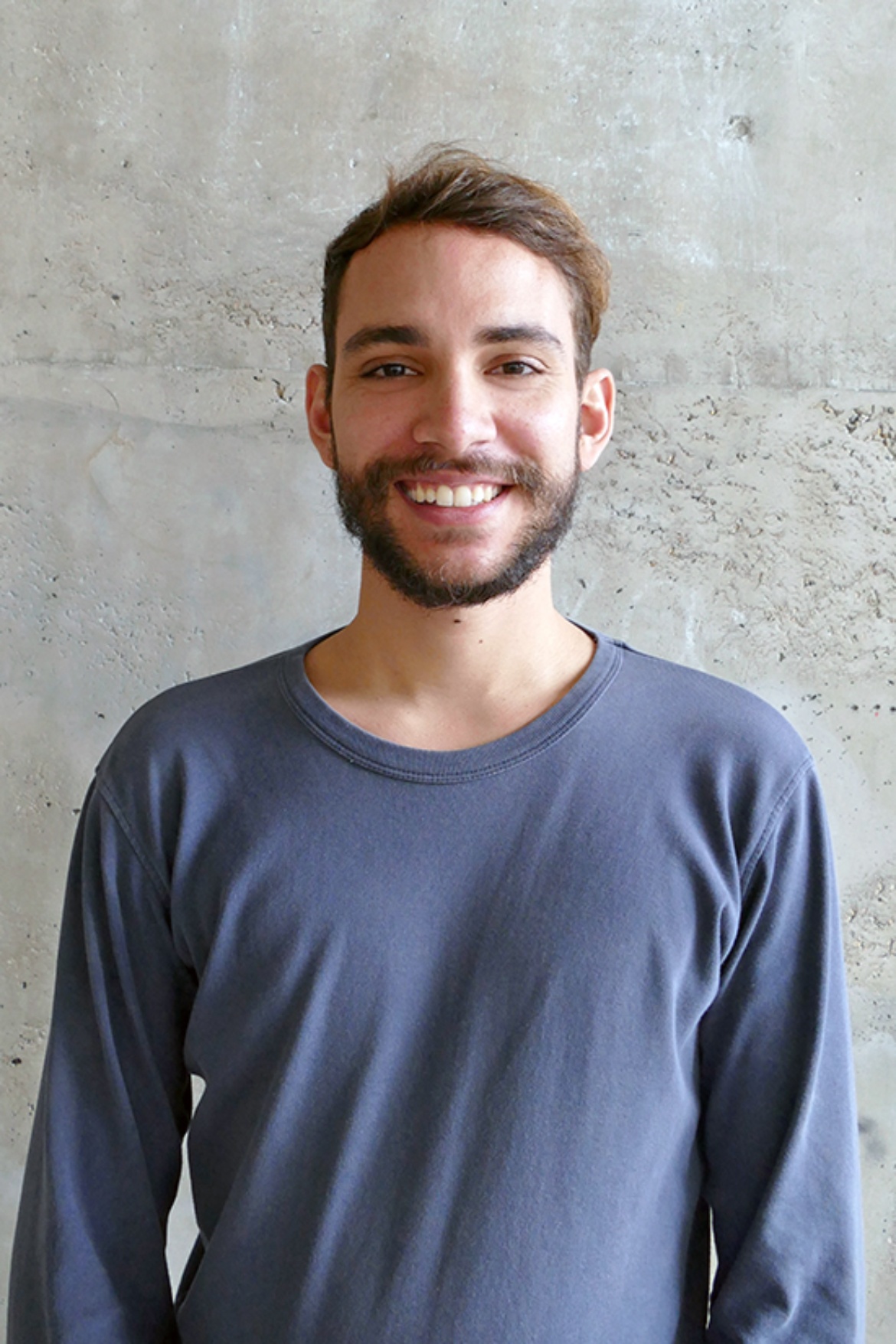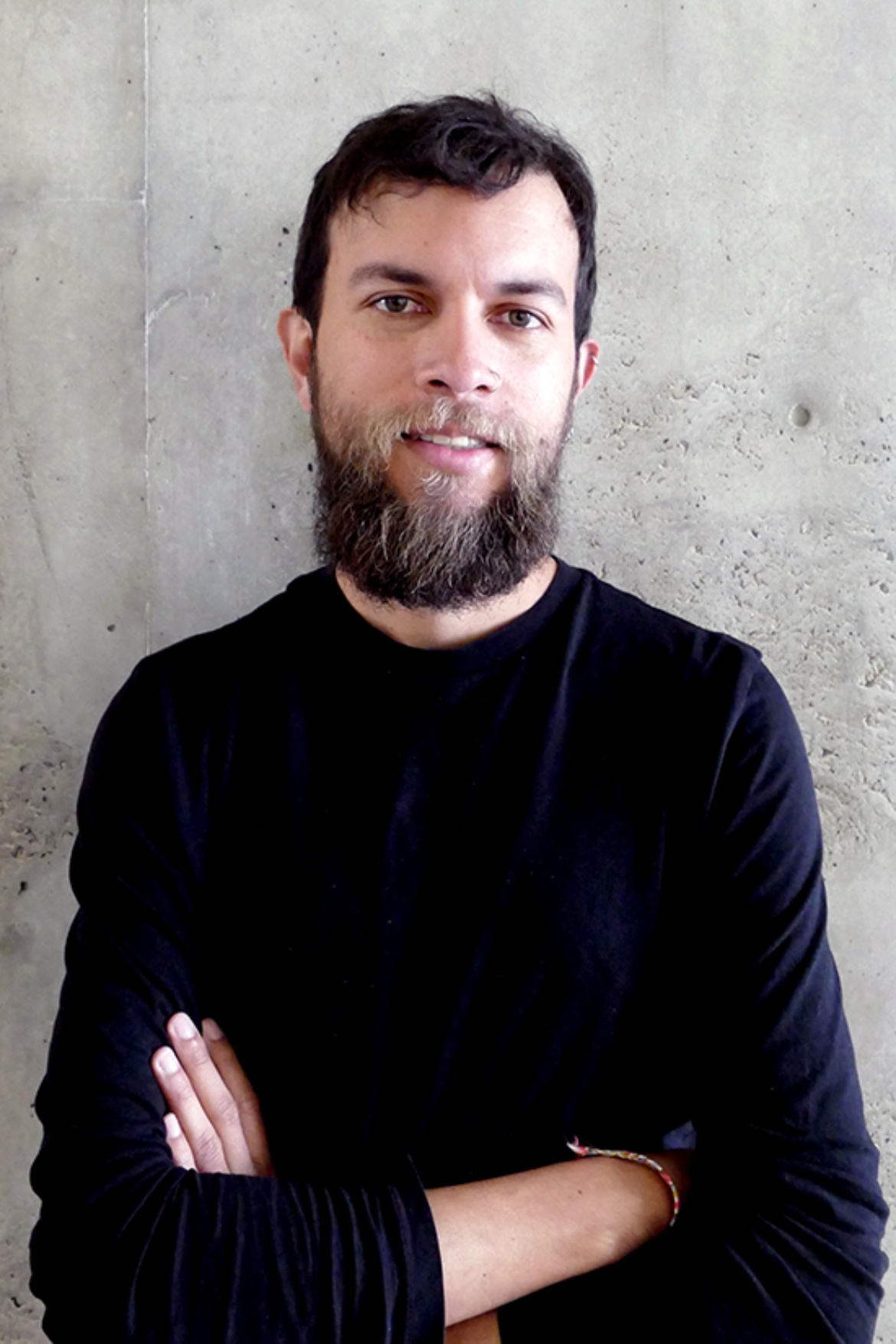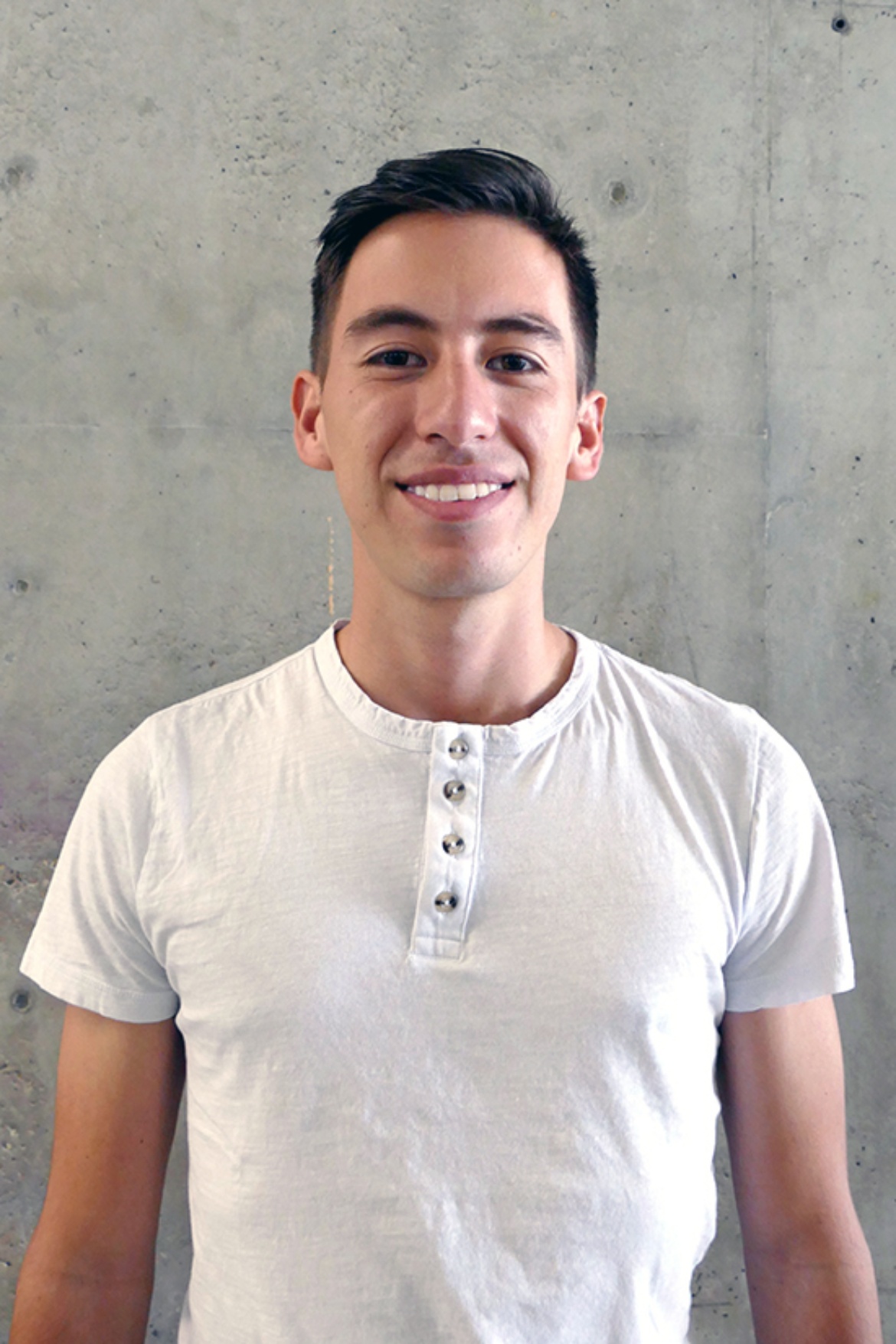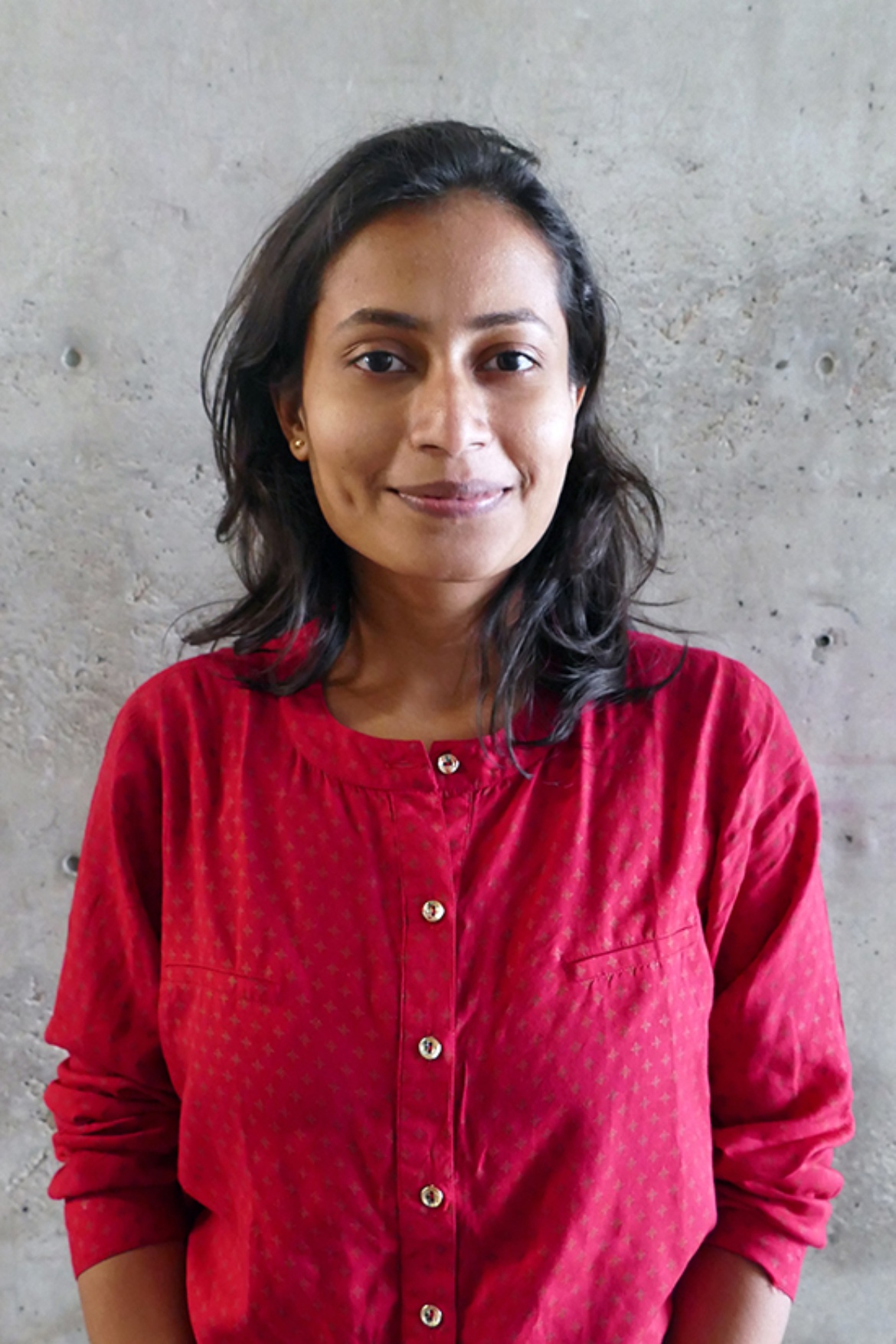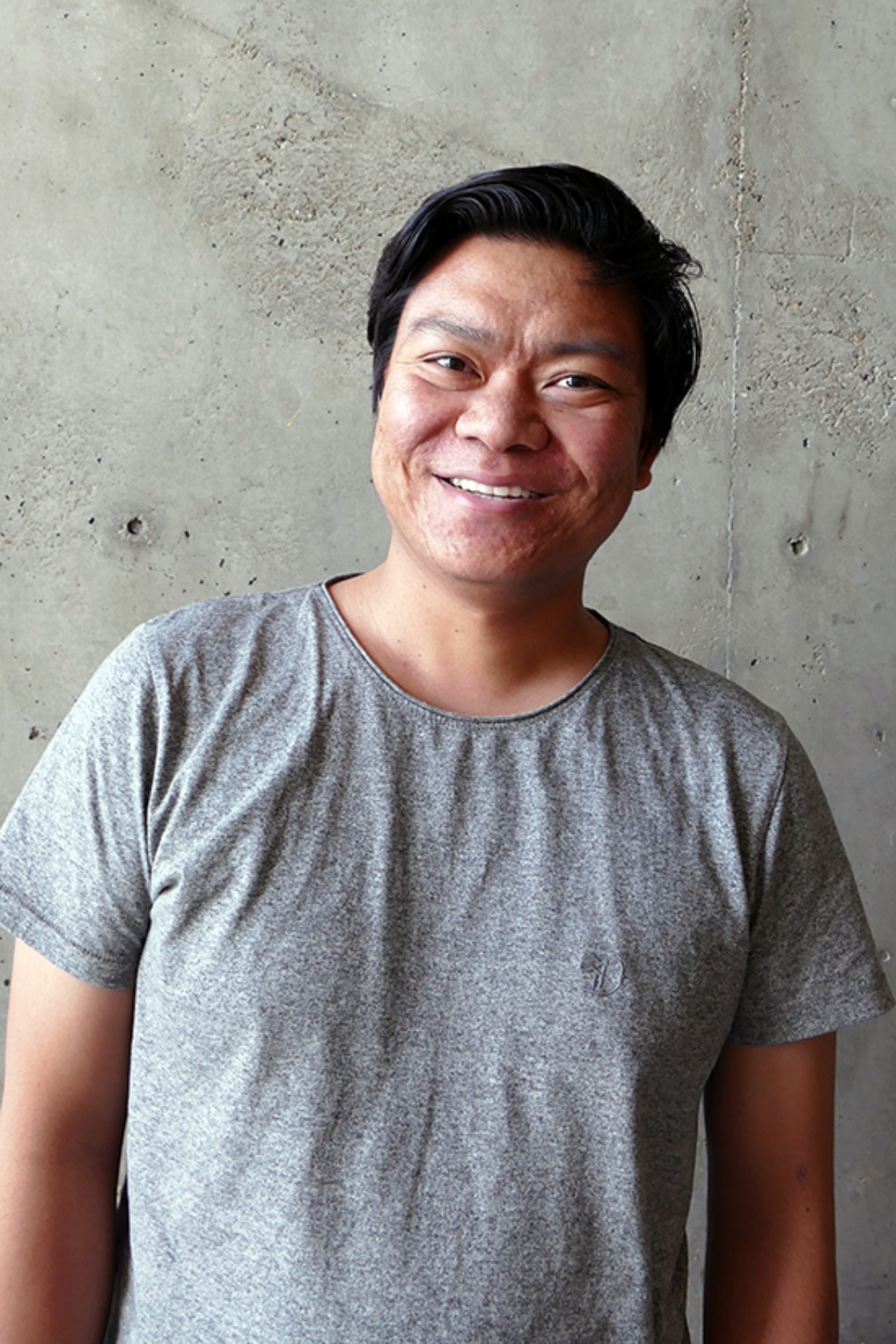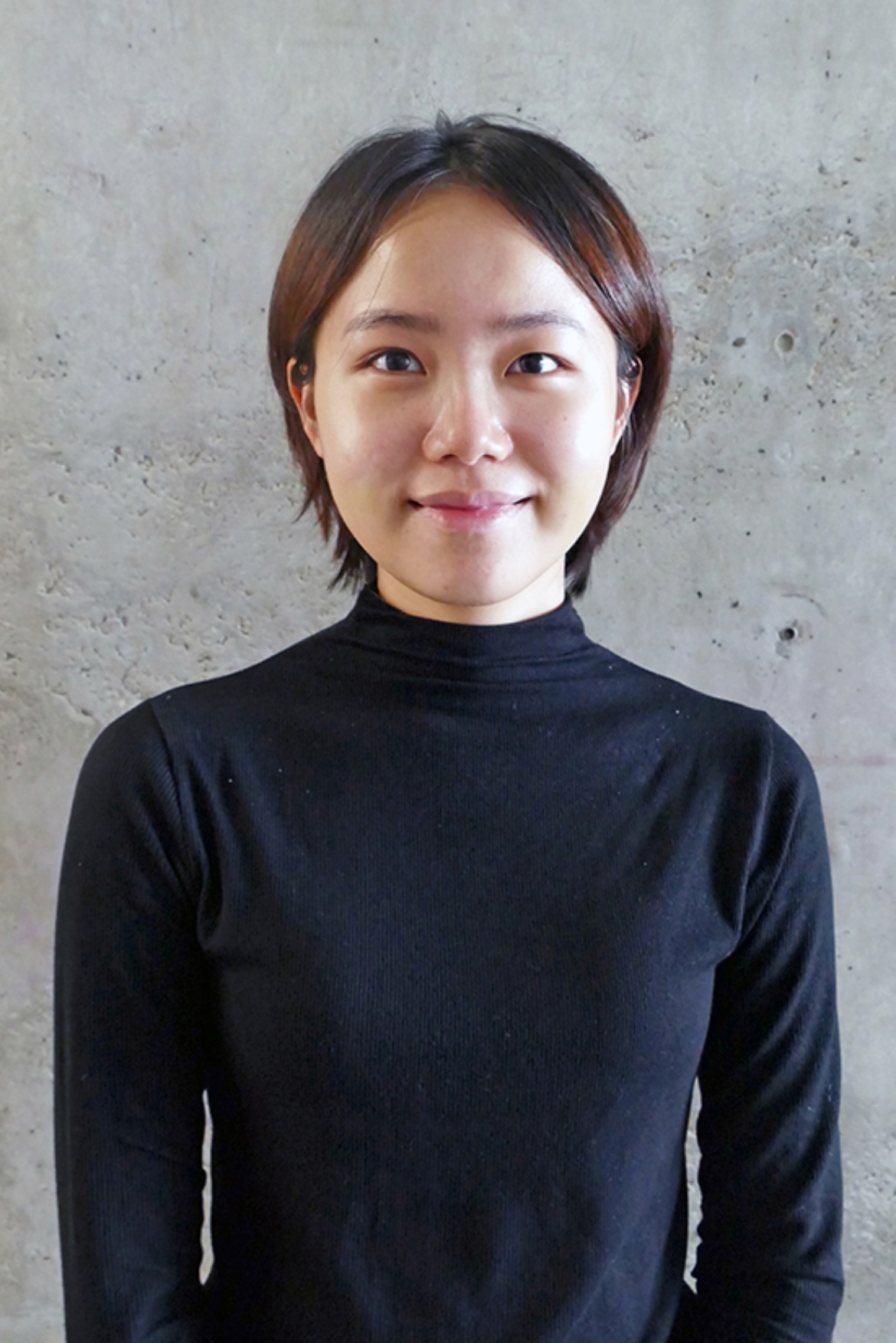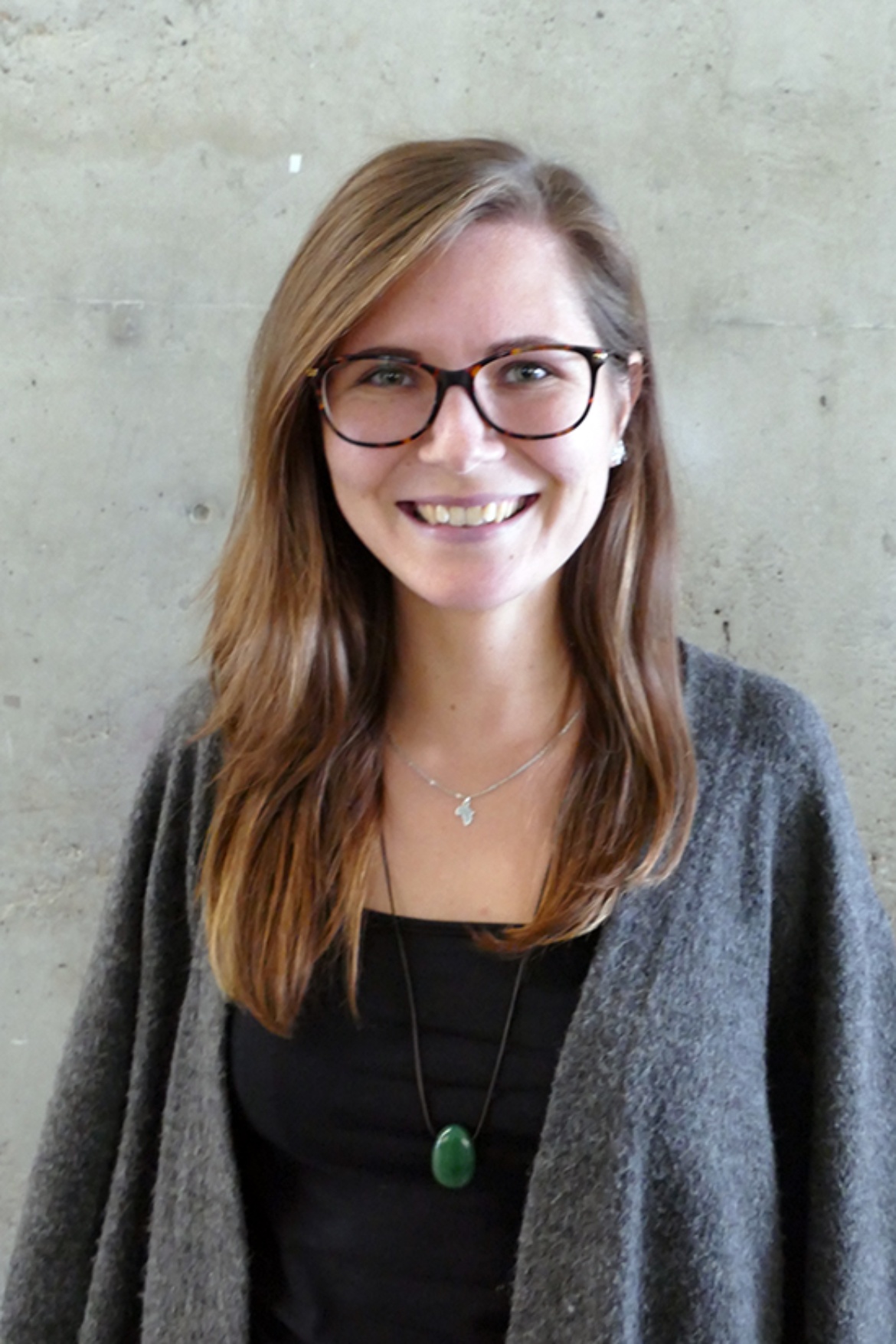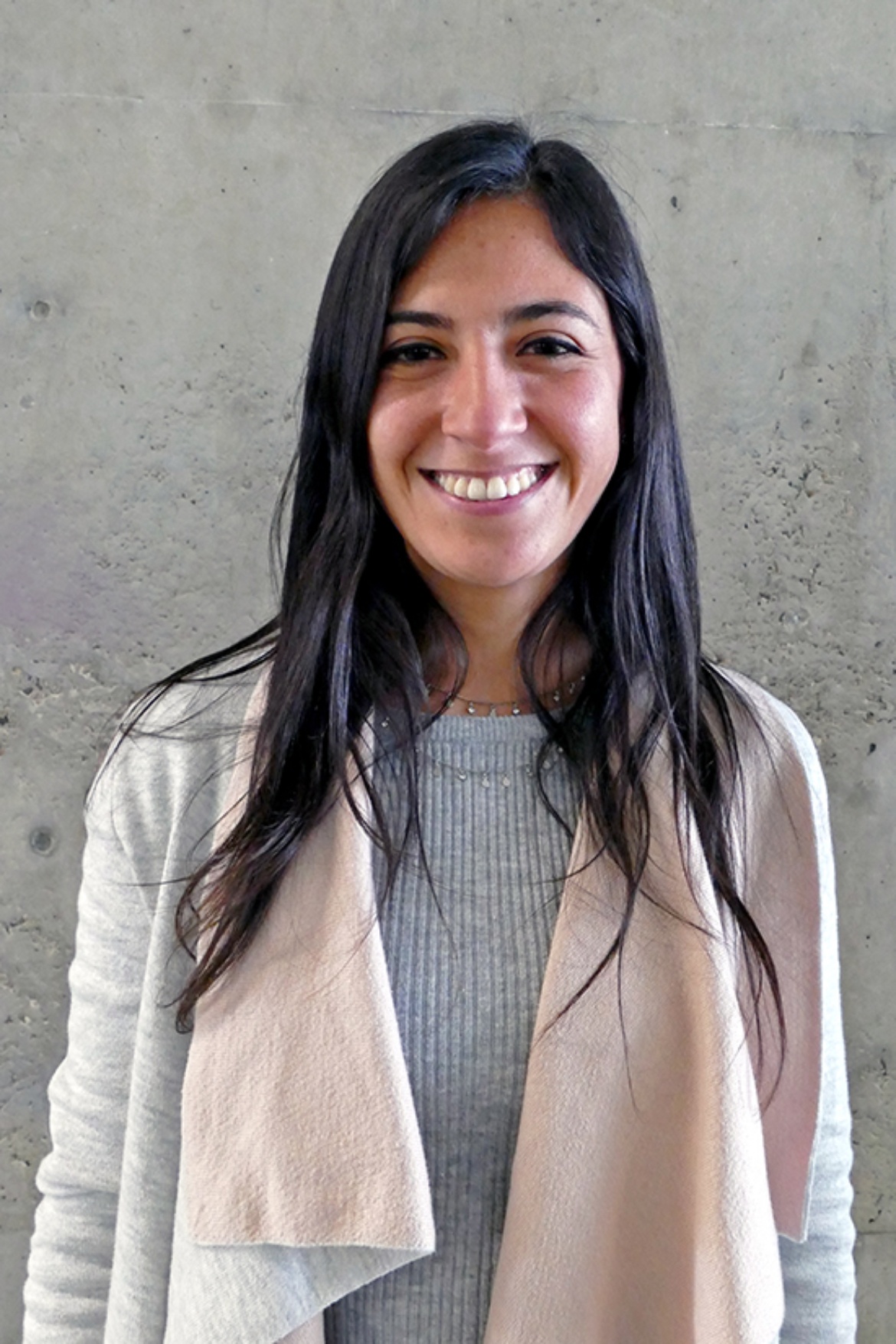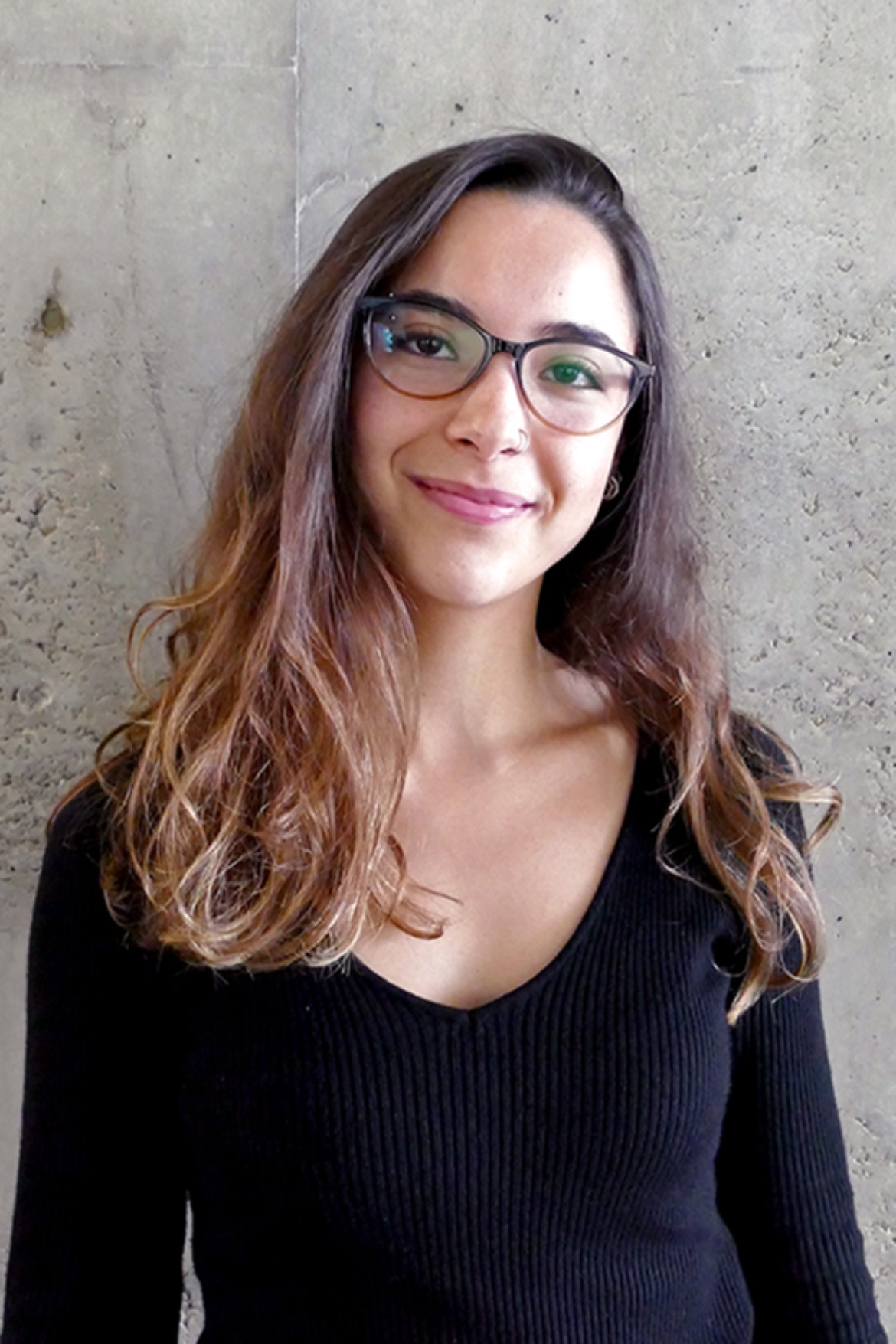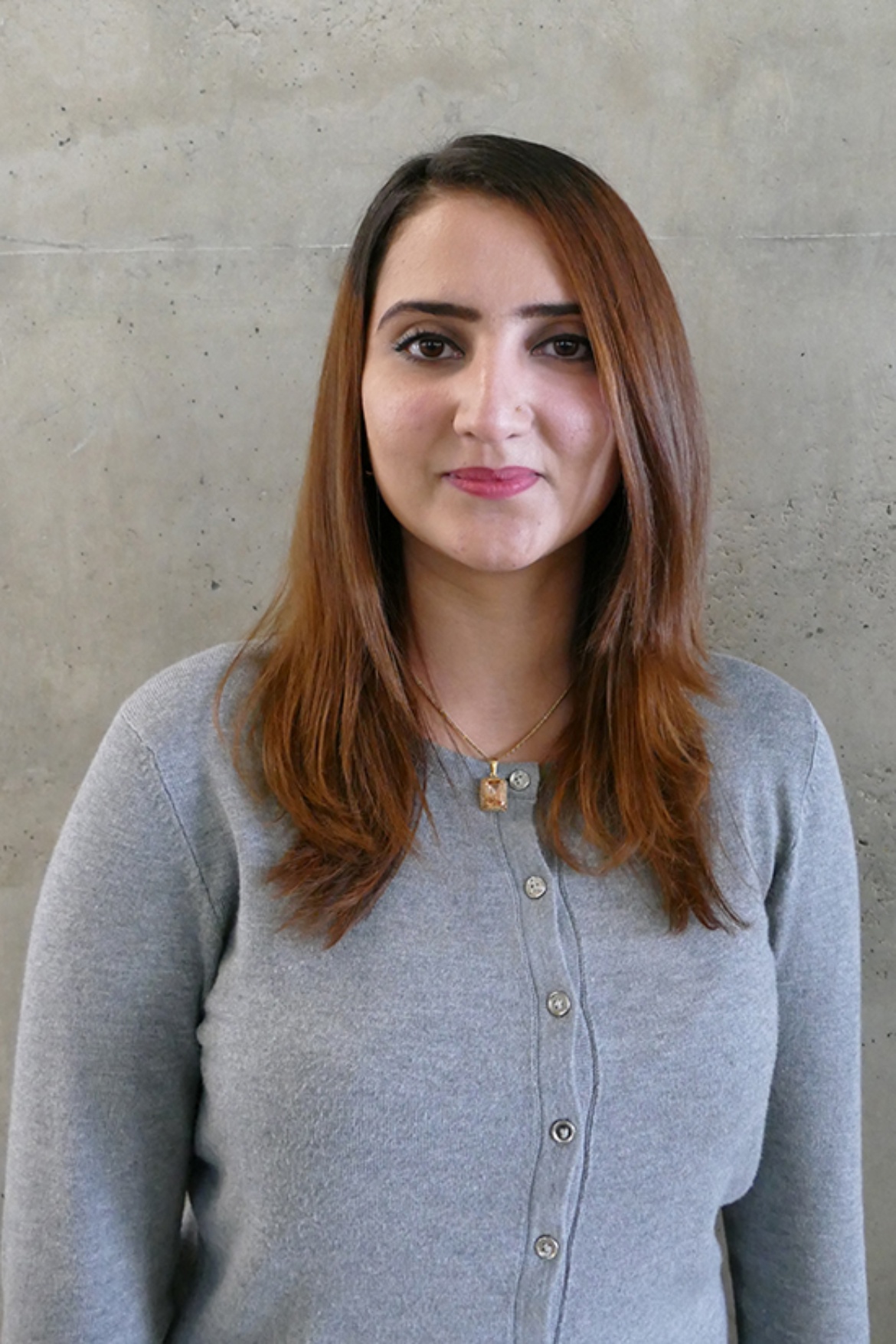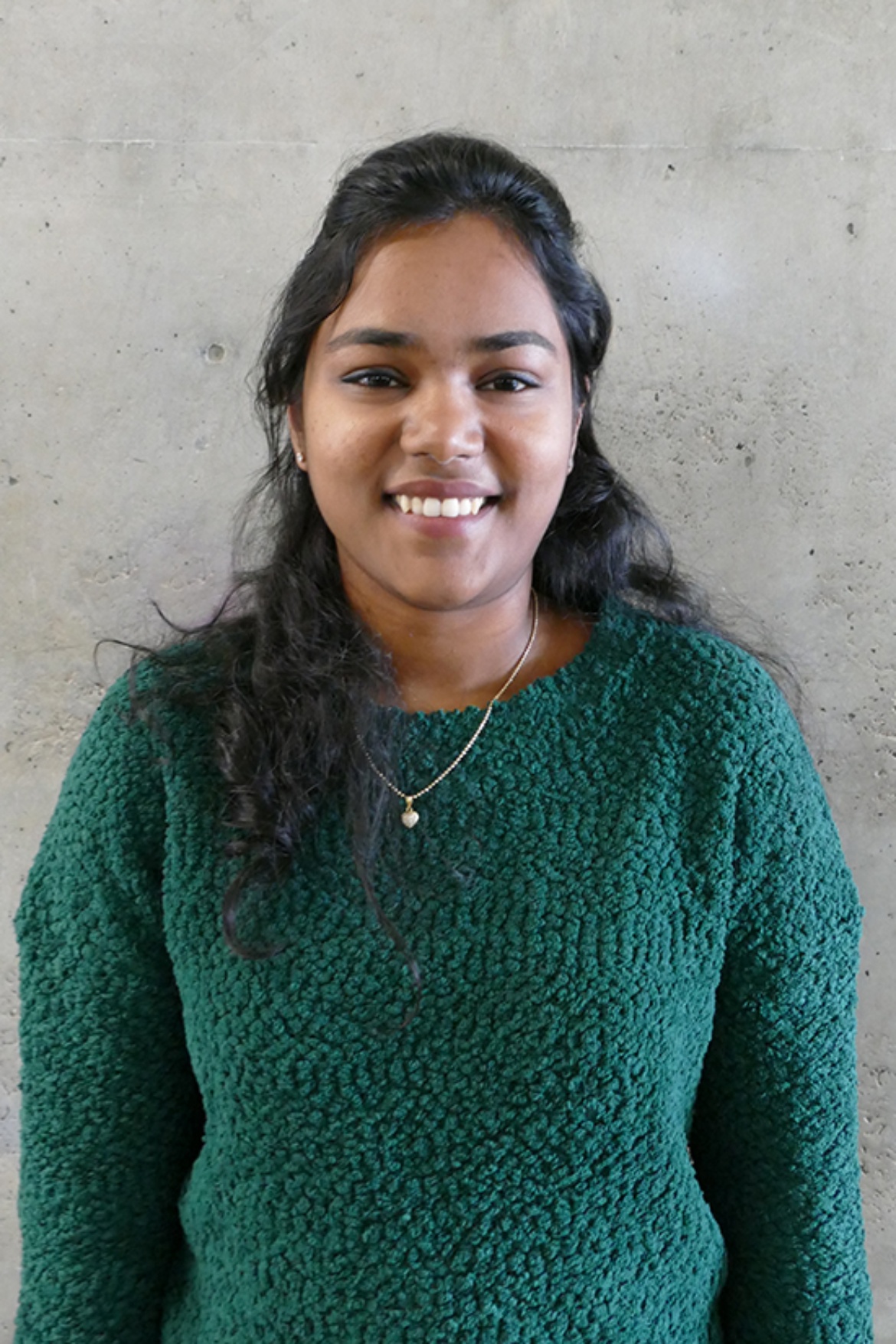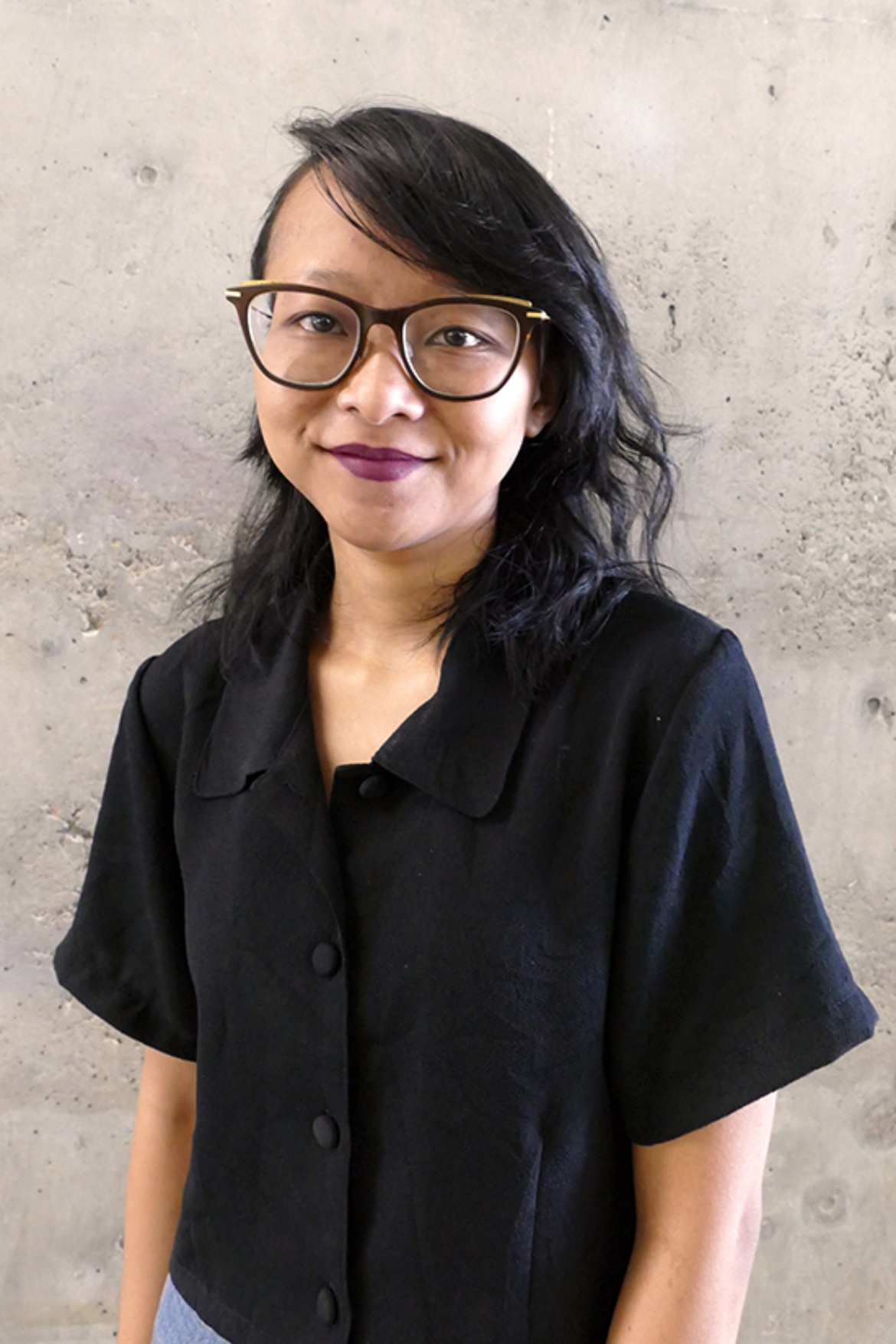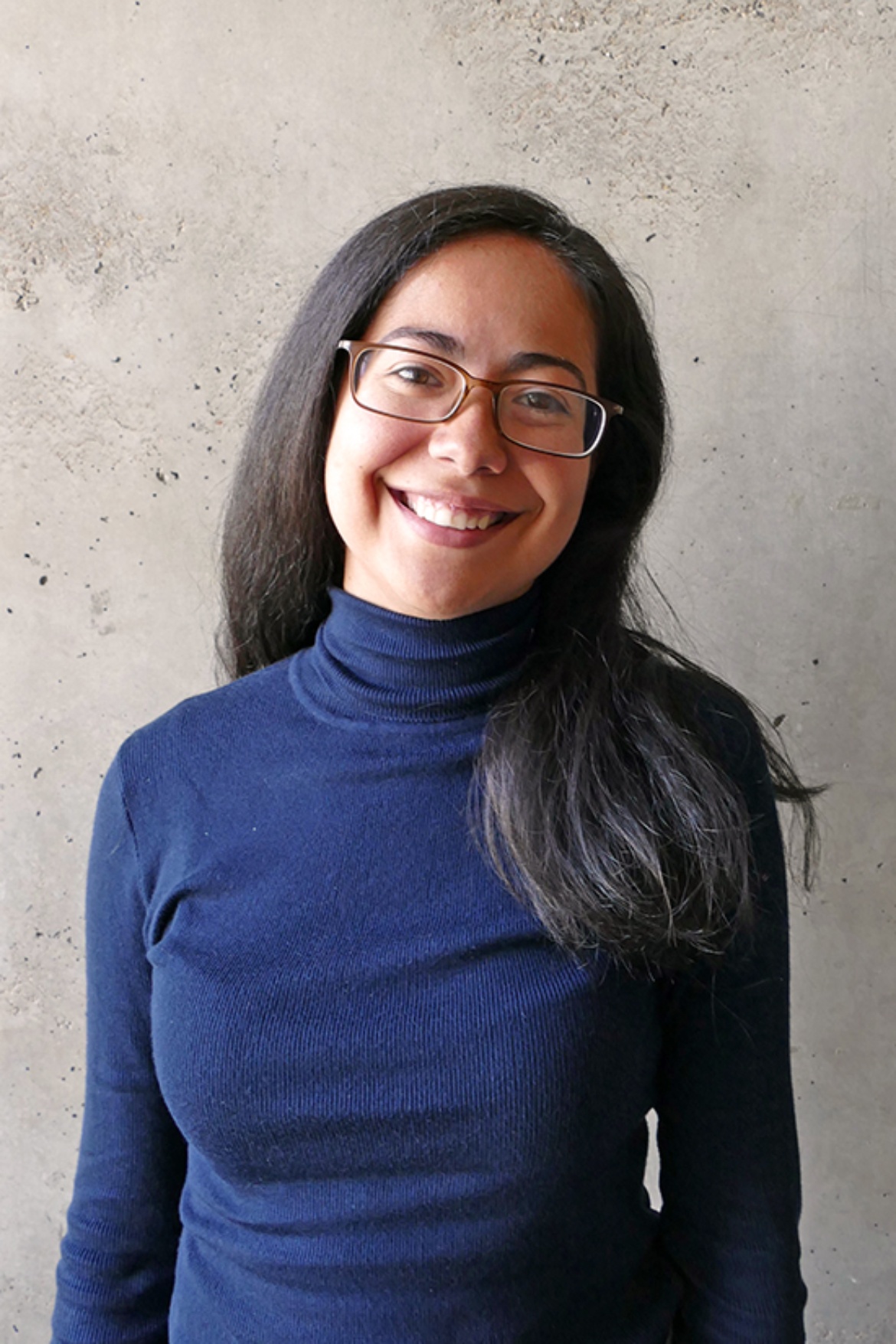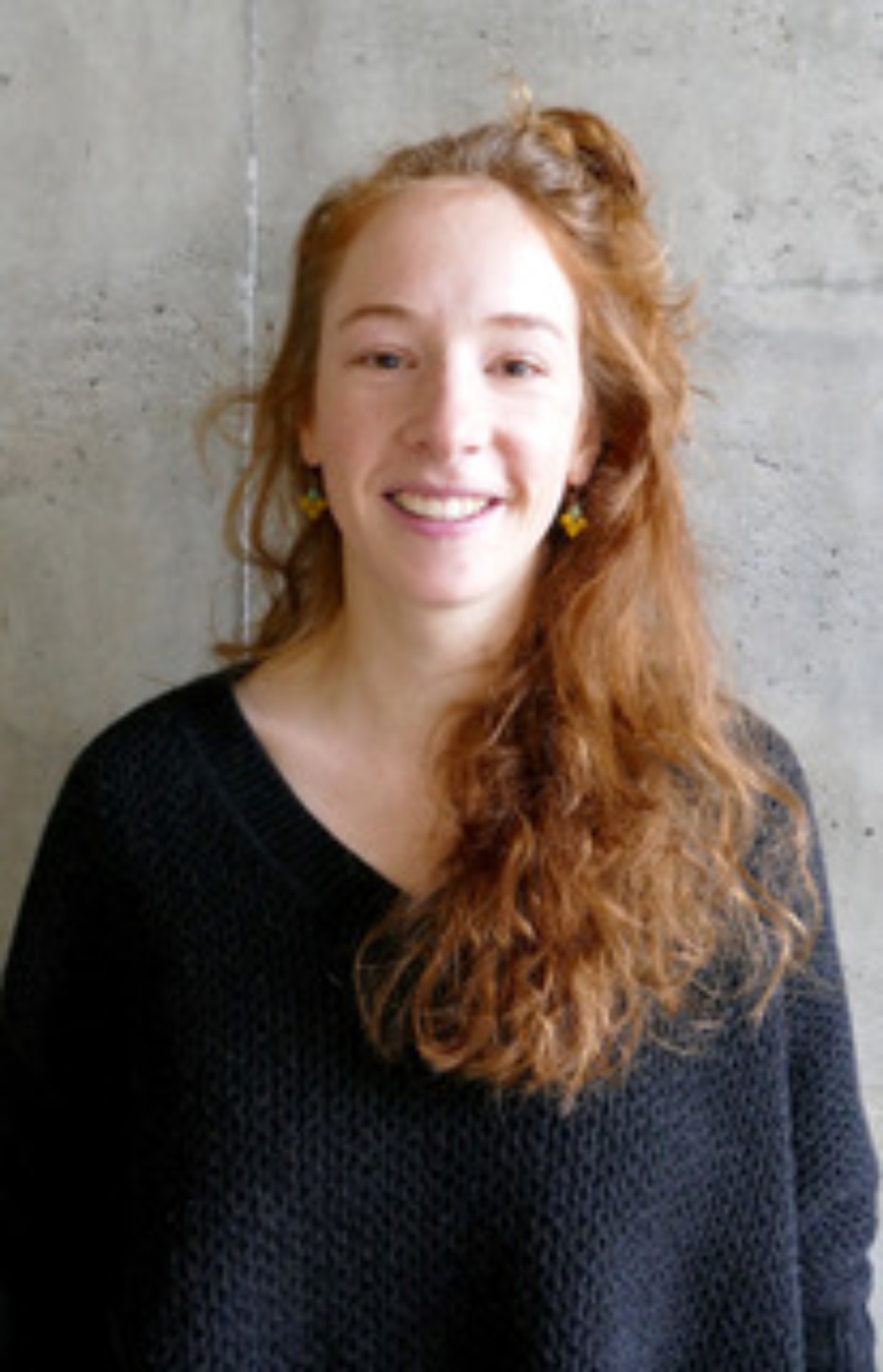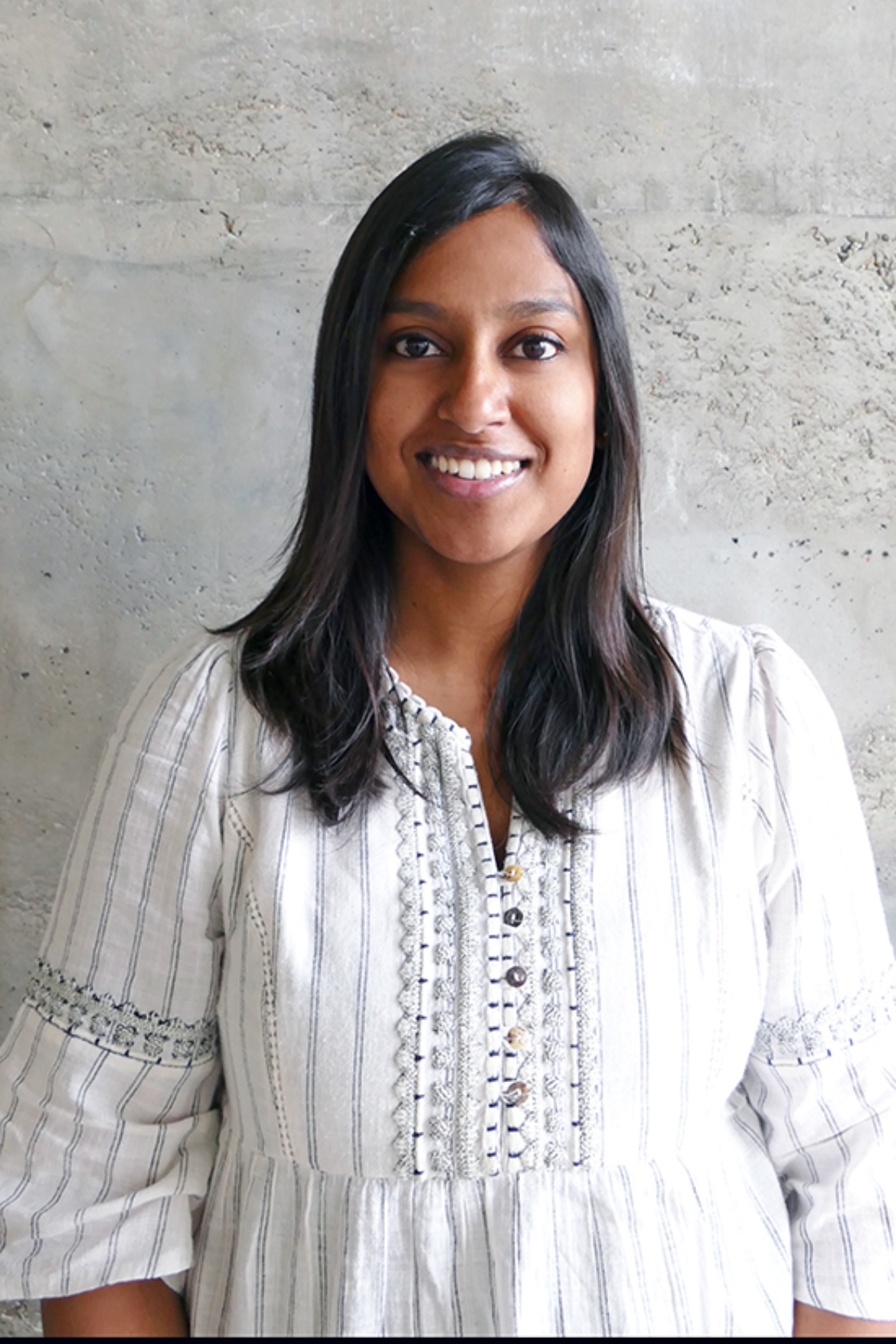Aarti Dhingra
Aarti graduated from the School of Planning and Architecture, Delhi in 2015. Her graduation thesis investigated the psychological impact of space, rethinking the typology of correctional institutes to deal with child delinquency, rehabilitation and social-reintegration. After graduating, she worked with Professor MN Ashish Ganju for environmental development projects in informal settlements in Delhi, and a school project for Buddhist nuns that explores sustainable building practices in the foothills of the Himalayas. Her fascination for working in the mountains with natural materials took her then to the rural Himalayas of Kumaon, where she lived for almost 3 years and worked as Site Architect at construction sites, collaborating with different architects from India and abroad. She also initiated independent projects with local craftsmen and NGOs for designing rural home-stays, and learning and implementing techniques of native-forest and heritage conservation for the region.
Constanza María Cerda
Constanza was born in Santiago, Chile, in 1988. She graduated from Architecture at Universidad de Chile. Her bachelor´s thesis project addressed issues that continue to be of interest to her such as urban agriculture and urban development in vulnerable communities. Also, she has complementary studies in planning and urban management at Pontificia Universidad Catolica de Chile. Once she finished her studies, she worked in an international office and was able to develop architecture and urban projects for Latin America, Europe, and the Middle East. During the last years, she has actively participated in several non-governmental organizations working on issues such as the right to the city, urban resilience and especially being an active part of processes of participatory design and construction of community spaces. This is how her main motivation to be part of the IUSD program is to acquire the tools to help shape more equitable and participatory cities.
Elmira Nasri Roodsari
Elmira (Tehran, Iran) got her Bachelor's degree in Urban Development Engineering from Imam Khomeini International University (IKIU) and then, with a personal interest in boosting the quality of the public realm and public life, she continued to study in the Master of Urban Design at the University of Shahid Beheshti (Iran). Her areas of interest through the education included pedestrian-oriented design, exploring the social effects of projects and specifying the role of people as the main users of urban spaces. Therefore, she worked on the relevant subject for her Master's thesis with the title of "Street Pedestrianization; Urban Design Impact Assessment Guide". Elmira's dissertation, as a good sample of integrating research into urban practices, was published at a reputed Iranian journal. After the graduation, fascinated by the influence of community participation and placemaking approach in regenerating deteriorated urban fabric, she participated in the research project of “Urban Catalyst in Decayed Urban Areas”, prepared for Urban Development and Revitalization Organization of Iran. Besides, Elmira has worked in different architectural and urban design offices for almost four years where she was involved in a number of urban-related commissions. It has given her the exceptional opportunity of learning by working on exciting multi-disciplinary projects in her hometown, especially elaborating a master plan of Tehran’s main street and preparing plan of its international exhibition.
Gabriel Antonio Villegas de la Ossa
Gabriel Villegas de la Ossa (1992, San José, Costa Rica) was awarded a PEC-G scholarship from the Brazilian Ministry of Education, graduated in 2015 from a Bachelor's degree in Architecture & Urbanism from the Izabela Hendrix Methodist Institute (Belo Horizonte), and was later acknowledged Licentiate in Architecture & Urbanism by the Costa Rican Institute of Technology. He participated in research on the conflict between informal settlements and public-private urban development, and worked as an intern in several architectural design offices such as Sylvio de Podestá. He brought his enthusiasm for Psychology into his bachelor's thesis and examined the contributions from Environmental Psychology to Architecture & Urbanism. His interests lay mainly on human behavior and the built environment, and presented papers on the subject in the 2017 PSICAMB and ICEP environmental psychology conferences. Back in Costa Rica he practiced Stage Design for several theatrical productions, as well as with Lighting Design for an international lighting projects company. Concurrently, he volunteered as researcher in Urban Ecology and leaded workshops on Co-Design with the Rutas Naturbanas Foundation.
Isabela Lais Tavares
Isabela L. Tavares (Brazil, 1992) is an Architect and Urban Planner, passionated about Sustainable Design and new technologies for Urban design and development. She developed computational design skills during her exchange period in the United States, where she also worked as an intern for the Maryland State Planning Department. There, she had hands-on experience in participatory processes of land development, mediation in public meetings and so on. Back in Brazil, she continued to pursue her studies and also began working for a recognized Landscape Architecture design practice, where she stayed for 2 years and helped to design projects for private developments and for architecture competitions. Her academic background includes two Teacher-assistant positions, 3 published papers on International Conferences and one completed Undergraduate Research on the topic of Urban Agriculture, in association with Prof. Dr. Gisela Cunha Viana Leonelli, whom also oriented her thesis on Urban Agriculture solutions for Sao Paulo city.
Jonas Bailey-Athias
Lived most of his life in Recife, Brazil, where in 2018 he graduated in Architecture and Urbanism at the Federal University of Pernambuco. In 2015 he received the Science Without Borders scholarship, to study two semesters of Architectural Design at the University of Adelaide, Australia. His final graduation project was focused in setting water sensitive urban design guidelines for an urban stream rehabilitation. During his research he had the opportunity to study and work with local communities, NGOs and the public sector. After graduation he continues to work as an architect, member of the urban project team at INCITI - Research and Innovation for Cities, were he assisted with the development of the Capibaribe Park, an urban river park in Recife. At M. Botler's, he had the opportunity to assist with the development of a strategic plan for the city of Petrolina, Brazil. Before coming to Germany he worked in the urban project team at Pelopidas Silveira Institute (ICPS), part of Recife City Hall, where he carried out territorial analyses and also studied mobility and urban projects. In IUSD he believes the international and interdisciplinary approach will give ground and insights to understand urban realities and to how to produce appropriate and efficient analyses and alternatives; to create possibilities of change in policies that promote sustainable development.
Jorge Hernán Jaramillo Cortes
Architect graduated from the National University of Colombia, a school focused on the design and dissemination of vernacular architecture. He is passionate about learning about different cultures. After finishing his studies, he practiced in various architectural offices in Bogota, but after some trips in another countries, and getting bored of the commercial focus of architecture, he wanted to see the reality of how people lives in Latin America, and how the architecture can improve their life’s. For this reason, he traveled around South America, for several months. In this trip he had the opportunity to see the traditions of other cultures, their strengths and weakness, and look how many of them are disappearing because the excessive tourism and the global warming. When he returned home, he decided it was time to get involved in something that would help to improve the lives of others. This time he went to Mexico, to do social work with an NGO in the mountains of Tlatlauquitepec, Puebla, helping the indigenous communities of the zone. After this, he lived in Mexico City for 3 years, working for a sustainable architecture initiative, which performs architecture with natural and recycled materials, focused more in help low-income people. This experience gives him another focus, so he decided, it was time to move again, to learn and see new perspectives. He came to the IUSD program in order to find new tools, that allow him to continue helping people through architecture and urbanism, and help to mitigate global warming. His big goal is to make a plan of sustainable and social housing, for the people displaced by violence in Colombia.
Juan Camilo Ortegón
Juan Camilo (*1994, Yopal, Colombia) studied Architecture at the University of Los Andes (Universidad de Los Andes). Highlighted by the Bachelor’s thesis focused on urban revitalization reconnecting the Ecological Main Structure of Bogotá and integrating it with an accessible and livable urban space in the center of the city. After graduation, he worked at the designing firm Bermudez Arquitectos, recognized by its institutional buildings, its sustainable design methods and its dynamic urban transformations. As part of his professional development, he realized the importance to provide every design with nature based solutions giving people a comfortable and sustainable environment to live, to work and to interact. With the MSc IUSD double degree program he wants to acquire the knowledge to implement designs with positive living conditions where sustainable strategies are the main part of the urban plan, in developing cities with social, environmental, political and liveable deficit.
Kavyashree Swamygowda
Kavyashree (*1992, Mysuru, India) studied Bachelor of Architecture at the University of Mysore. She explored Vernacular Desert Architecture of India during her internship at Hunnarshala, a Curry Stone Award-winning NGO. This internship played a key role in developing her interests and understanding of sustainable architecture. Further, from her experiences, she developed her undergraduate thesis on the adaptive reuse of abandoned buildings. As a graduate, she has worked on Residential and Interior Design projects. Later she worked as a Teaching Assistant and as a lecturer at 2 institutions including her alma mater, where she worked with the students, documenting the vernacular architecture of South India and on urban projects where defunct spaces in urban neighbourhoods were transformed into usable community spaces. Apart from architecture, she is also a trained and certified Yoga instructor. At IUSD she hopes to explore ecological solutions for urban challenges and develop a holistic view of urban planning.
Kezang Dorji
Kezang (*1991,Bhutan) received his Bachelor’s studies in Urban Planning from Lovely Professional University (LPU), Punjab, India in 2015. He is an Urban Planner at Thimphu Thromde (Municipality) since his appointment in 2016 by Royal Government of Bhutan (RGoB). He is enthusiastic on learning and practicing urban spatial functions and its co-relation with surrounding factors in promoting and achieving the goals of Gross National Happiness (GNH) which is central guiding force of Bhutan’s growth. Recently, he completed a design project of Norzin Lam Urban Design, which envision to enhance social vitality of city through urban space. He and his team had also successfully organized two street fest with a slogan “Street for People” in the busiest street of capital for 3 days with various social programs to create vibrant city and society and giving back people’s street. His interest in harmonizing sustainable urbanism and GNH has inspired him to purse the IUSD program and during his study, he hopes to be equipped with relevant ideas and knowledges that would help him in developing desired cities, GNH city.
Li Mo
Li Mo (*1996, China) completed her Bachelor’s studies in Urban and Rural Planning at South China Agricultural University, Guangzhou in 2019. Working as a rural planner and urban planner, Li Mo diverted an important proportion of time and energy to a series of competitions and projects. One of the most impressive projects was the micro-transformation of the streets in Guangzhou during the internship in Guangzhou Urban Renewal Planning where she focused on the research of several old neighborhoods and submitted some proposals for micro-transformation in locations that needed to be ecological improved regarding to interviews with stakeholders. It was during that period she realized how much people longed for ecologically sustainable lives but were limited by lack of relevant systematic cognition. Therefore, she hopes through the IUSD program to obtain further understanding of practical initiatives in sustainable implementation to support the future development.
Linda Heiss
Linda Heiß (*1994) holds a Bachelor’s degree in architecture. Before she started studying she completed a voluntary service in Dar es Salaam, Tanzania. The time spent there sharpened her consciousness regarding urban problems especially in developing countries and metropolitan areas. Along with her subsequent study of architecture at the HTWG Konstanz, her interest in informal settlements, public spaces and sustainable architecture has grown. During an internship she has been working for Kéré Architecture. Working on different projects in East Africa, she gained knowledge about vernacular architecture as well as sustainable design solutions like natural ventilation systems and the use of local materials. Furthermore she has been working on an installation for a refugee camp where an unexpected space for improvisation and unplanned needs has been created. It was later on exposed at the Venice Biennale 2018. Besides her studies, she is also engaged in projects regarding the Sustainable Development Goals and Women empowerment in Uganda.
Melanie Nogales
Melanie (*1992, Lima, Peru) completed her Bachelor’s studies at UPC University in 2014. Throughout her studies she worked in different architecture studios in Lima where she took part in the development of projects of different scales and typologies. In 2016, she became a Teaching Assistant and also joined the Peruvian organization “Build Identity”, which allowed her to be part of an international research project which consists of comparing the challenges that different communities living inside the tropical rainforests have to face in their adaption to climate change, globalization and urban growth. This project enabled her to work directly with a community in Sumba, Indonesia, to do research in participatory approach. In 2018, she was a consultant at the Ministry of Education where she analyzed the current infrastructure in public schools in order to improve their quality in a national level. She currently organizes workshops in Indonesia where she encourages people to learn ecological techniques from local experts.
Reef Qubailat
Reef obtained her Bachelor's degree in Architecture at the School of Architecture and Built Environment of the German Jordanian University (GJU) in 2017. She worked as a researcher at a local NGO in Amman where she engaged in a variety of activities including research projects related to urbanism, outreach programs, and the design and implementation of pilot projects. With a focus on sociology and its relations to urbanism, she aims at understanding the challenges that our cities face as well as taking an active role in addressing them towards the creation of sustainable and integrated urban centers, however, challenging the concepts of context and architectural formations while focusing on addressing cultural significances within the creation of social and architectural spaces.
Saman Tariq
Saman completed her Bachelor studies in Architecture from National College of Arts, Rawalpindi, Pakistan. During her undergraduate degree, she received an excellent opportunity to travel to the United States on an exchange program. This experience helped her to broaden her vision towards cross-cultural interactions and the way developed world is moving towards sustainable practices. Right after her graduation in 2017, she joined a consultancy firm called Arch-Tech Engineering Consultants and indulged herself in various rehabilitation projects across different cities in Pakistan. Her groundbreaking project as a young and energetic architect called Heritage Trail, Peshawar led her to propose rehabilitation strategies for half a km long urban stretch along with providing building façade treatments. This project introduced her to the concepts of participatory planning, their effects, and outcomes and helped her to decide her future direction. Through IUSD, she aims to nurture her ideas and thought processes in order to acquire pragmatic solutions for challenging global issues.
Shwetha Muthunatarajan
Shwetha Muthu (1993) is from India but mostly grew up in the Middle-East. She did her Bachelors in Architecture in the School of Architecture and Planning, Chennai, India. Having lived in different cities- Dammam, Doha, Chennai and Munich, she believes that it is important for cities to be open, socially-inclusive, and environmentally sustainable. Her thesis was the design of ‘Labour Village’ for migrant workers in Qatar. She has interned and worked in firms in India and Doha on projects of varying scales. Through the IUSD program, she hopes to be equipped to contribute in designing sustainable cities.
Usie Fauzia Anniza
Usie Fauzia Anniza was born in Bandung, Indonesia. She got her bachelor degree from School of Architecture, Planning, and Policy Development, Institut Teknologi Bandung (ITB), Indonesia. Since 2014, she has been active as an architect focusing on humanitarian architecture and community planning for various organizations. She is a co-founder of Architecture Sans Frontières Indonesia (ASF-ID). In 2017, their projects achieved Architecture without Borders Awards (category: Social Construction for Habitat) from Architecture Sans Frontières International. The works included: (1) Participatory Design & Construction of Pilot House in Tongkol Community in Jakarta, (2) Bamboo Bridge in Solo, (3) Farmer’s Shelter Design in Malang, and (4) Participatory Mapping in Cikapundung Riverbank Community Bandung. Before joining IUSD, she practiced as a technical facilitator for different types of communities in rural and urban areas and she was also involved in urban discourse research with ITB. Besides architecture, she spends her time practicing photography.
Vanessa García Otero
Vanessa (Cali, Colombia) graduated as an Architect from the National University of Colombia (Universidad Nacional de Colombia) with further studies in Territorial Analysis and Management. During the final stage of her undergraduate program she underwent the Research and Urban Project Emphasis, focusing on urban design and planning. She was also an active member of the Wood and Guadua Research Group at the same university, focusing in the development of sustainable architecture with local materials, wood and Guadua, and participating in joint projects with suburban and indigenous communities. Since then she has collaborated with architecture and urbanism offices and other foundations and social organizations. Her main interests reside on urban development with a social and sustainable approach, particularly in the Latinamerican context.
Vivienne Mayer
Vivienne completed her Bachelor's degree in Cognitive Science at the University of Tübingen (Germany) in 2016. During an exchange semester in Oslo she had the chance to transfer her knowledge about Spatial Cognition to architecture and later wrote her thesis about the subjective perception of space. After graduation she created spatial experiences in virtual reality for theaters and festivals together with Ilja Mirsky. She then had the chance to join the experimental Architecture class of Incubator at the State Academy of Fine Arts in Stuttgart. She loved the play with materials and form and to develop a coherent design. Further, it is inspiring for her to work for the uprising architecture office Atelier Kaiser Shen. Through volunteering in rural development projects in India and working on clay constructions with a community in Germany, Vivienne could fulfill her desire to work „hands-on“, using natural resources and local knowledge. In the IUSD master she seeks to get a deeper understanding of sustainable, integrated planning approaches and position herself in this vivid intercultural group and context.
Yasodhara Peddi
Yasodhara obtained her Bachelor’s degree in Architecture from M.S. Ramaiah Institute of Technology, Bangalore, India in 2014. During her studies, she was drawn to the inextricable link between the natural and built environment. She attended the Summer School at Laurie Baker Centre for Habitat Studies where she was engaged in building with Earth and Bamboo. She has also participated in workshops at the Auroville Earth Institute. She has worked with the architectural practice VBT Consortium in Bangalore for 5 years. Here she worked on a wide range of projects where she strived to incorporate sustainability at every stage of the project, starting from the conceptualisation of design. Through her work, she tried to reinterpret traditional spaces into contemporary usage, while drawing from the richness of local materials. Recently, she worked with Mumbai based firm, Case Design, to exhibit their project - ‘Avasara Academy’ - a school for rural girls; at the Architecture Biennale 2018, Venice. Through the IUSD program, she looks forward to interacting and collaborating with the global community of architects, urban planners, policy makers and environmentalists for innovative ways to solve the problems of the growing urban landscapes.



